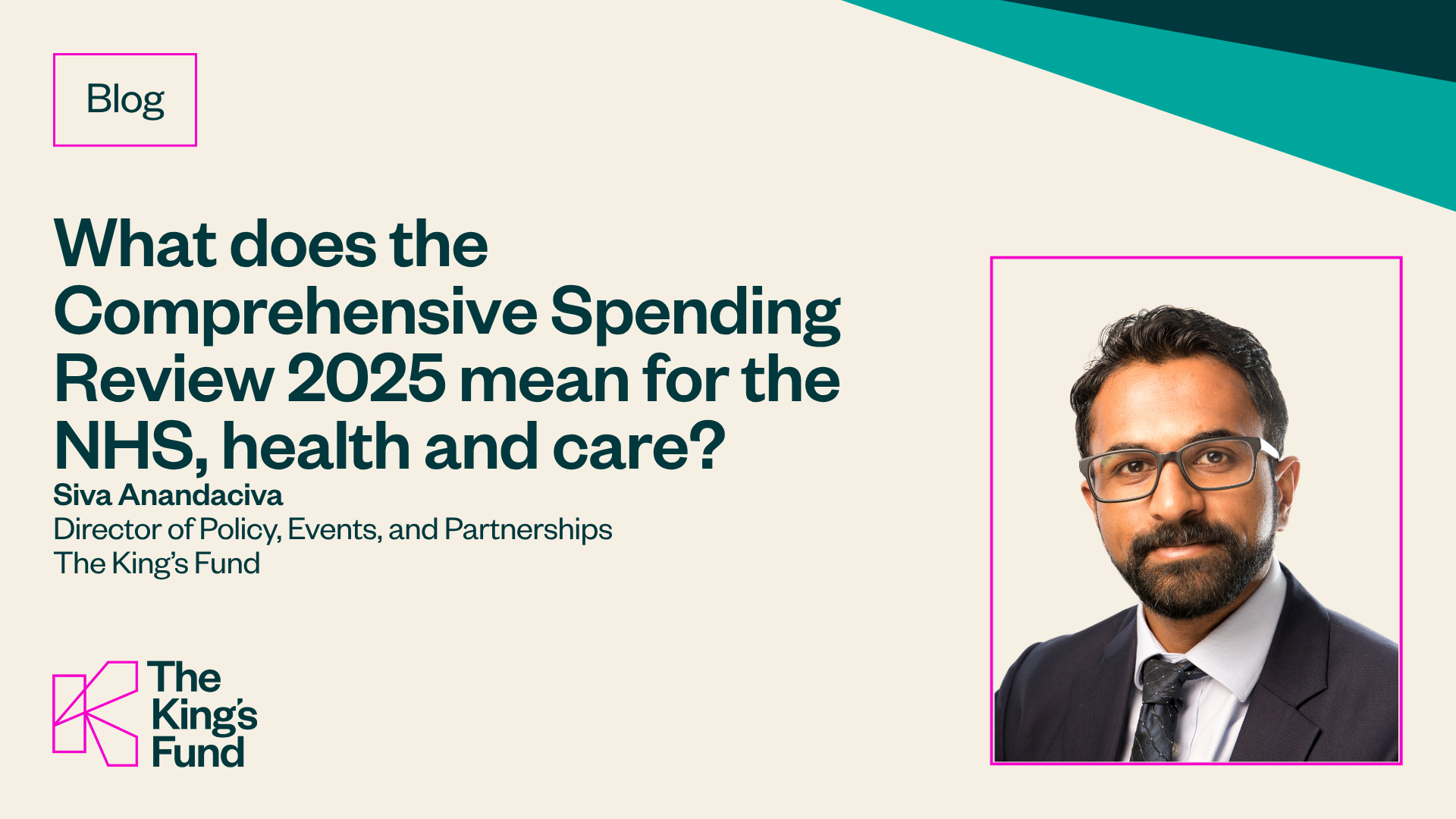NHS Under Pressure: How the 2025 Spending Review Impacts Healthcare in South Africa

The recent Comprehensive Spending Review (CSR) 2025 has sent ripples through the healthcare sector, sparking concerns and prompting questions about the future of the National Health Service (NHS) and broader health and care services. While the full implications are still unfolding, Siva Anandaciva, a leading expert in health policy, has analyzed the figures to provide a clear and concise breakdown of what this means for patients, healthcare professionals, and the South African healthcare system as a whole.
Understanding the Context: Why the CSR Matters
The Comprehensive Spending Review is a crucial exercise in fiscal planning, determining how government funds will be allocated across various departments and public services. It sets the budgetary framework for years to come, impacting everything from staffing levels and infrastructure investment to the availability of essential medicines and treatments. For the NHS, which already faces significant challenges including backlogs, staff shortages, and rising demand, the CSR holds particular significance.
Key Findings: What Did the Review Reveal?
Anandaciva’s analysis highlights several key takeaways from the 2025 CSR. Firstly, while there is some increase in overall funding for health, it’s widely considered insufficient to meet the growing needs of the population. The review prioritizes efficiency gains and cost-saving measures, placing pressure on NHS trusts to do more with less. This includes exploring alternative models of care delivery and leveraging technology to improve productivity. However, critics argue that these measures risk compromising patient safety and quality of care.
Secondly, the CSR places a greater emphasis on preventative healthcare and public health initiatives. This shift reflects a growing recognition of the importance of addressing the root causes of ill health and reducing demand on acute services. Investment in areas like smoking cessation programs, obesity prevention strategies, and mental health support is expected to increase, although the extent of this investment remains to be seen.
Impact on Specific Areas of Healthcare
- Waiting Times: The pressure to improve efficiency could exacerbate existing waiting time challenges, as trusts struggle to cope with limited resources.
- Staffing: The CSR offers limited relief for the ongoing staff shortages. Retaining and recruiting healthcare professionals will remain a critical priority.
- Mental Health Services: While there is some increased focus, the level of investment in mental health services is still considered inadequate to meet the scale of the need.
- Access to Medicines: Cost-saving measures could potentially impact the availability of newer, more expensive medicines, limiting treatment options for patients.
Looking Ahead: Challenges and Opportunities
The 2025 CSR presents both challenges and opportunities for the NHS and health and care services in South Africa. While the funding constraints are undeniably concerning, the increased focus on preventative care and the potential for technological innovation offer avenues for improvement. Ultimately, the success of the NHS in navigating these challenges will depend on effective leadership, collaboration across the healthcare system, and a commitment to prioritizing patient needs.
Siva Anandaciva’s analysis provides a valuable insight into the complexities of the CSR and its potential impact on the future of healthcare in South Africa. It's a call to action for policymakers, healthcare professionals, and the public to engage in a constructive dialogue about how to ensure a sustainable and equitable healthcare system for all.





